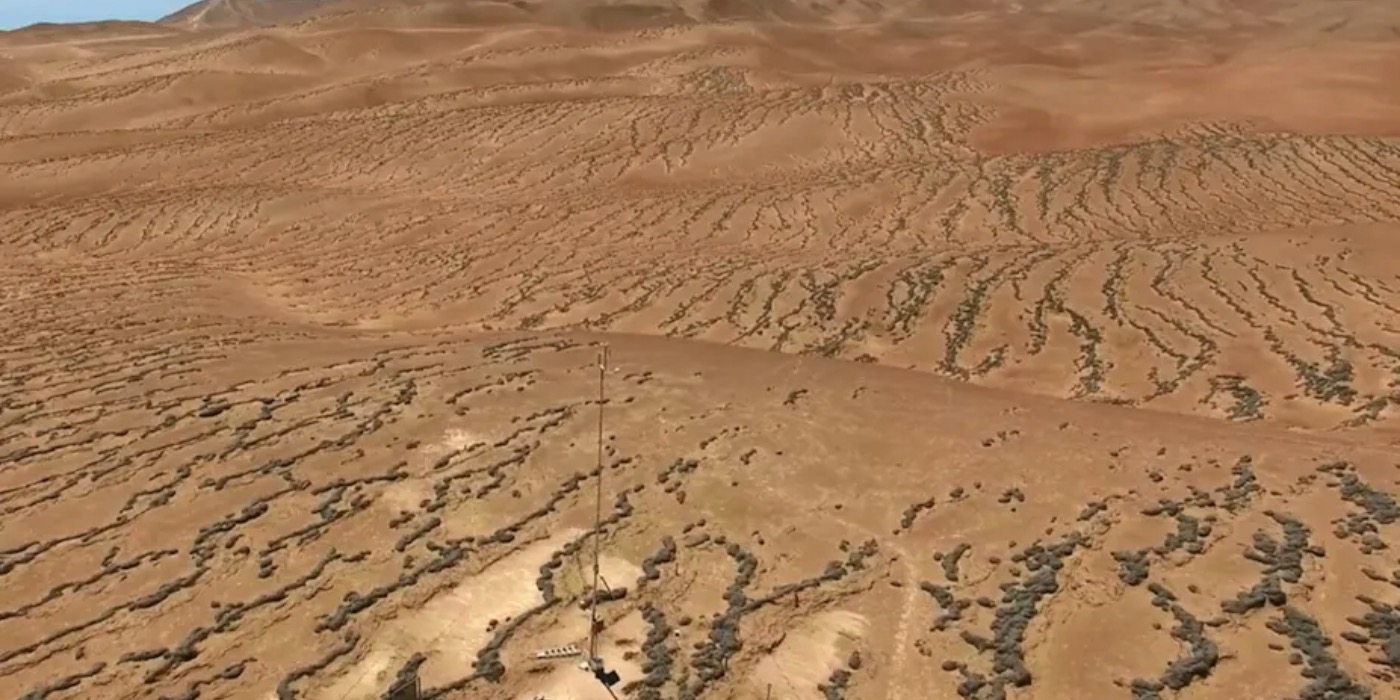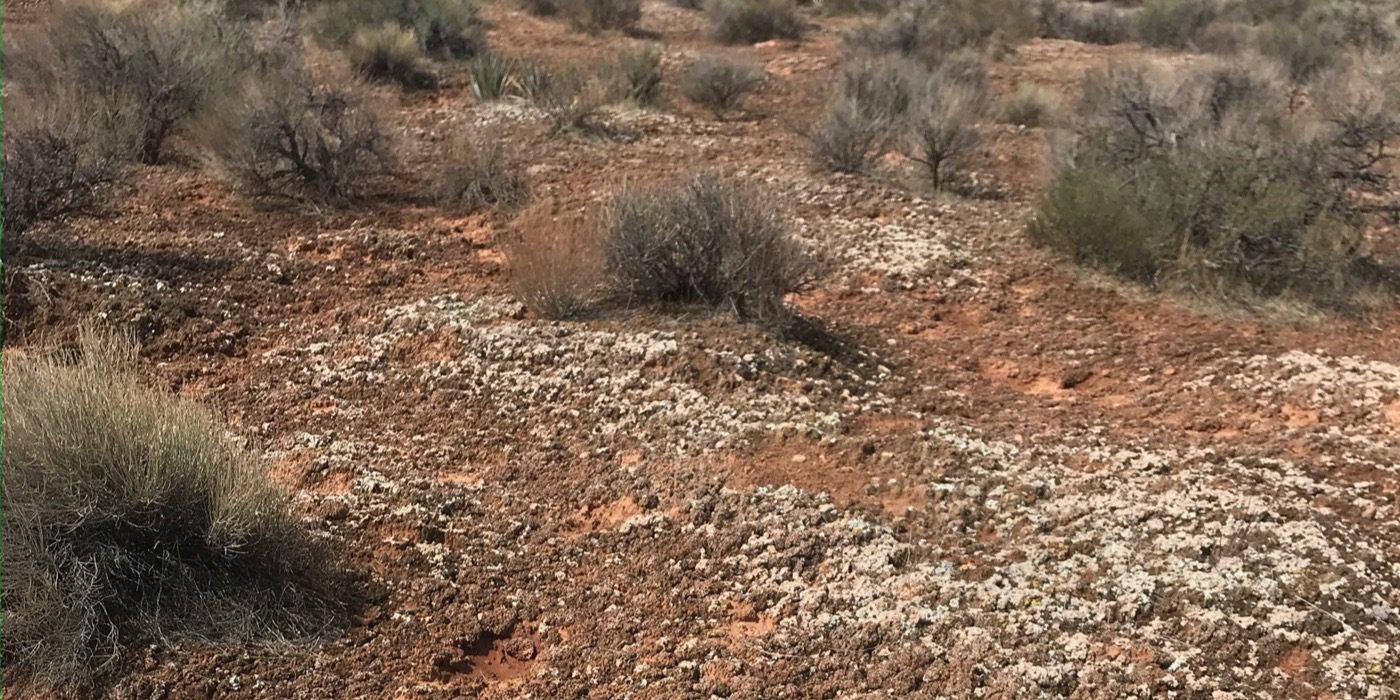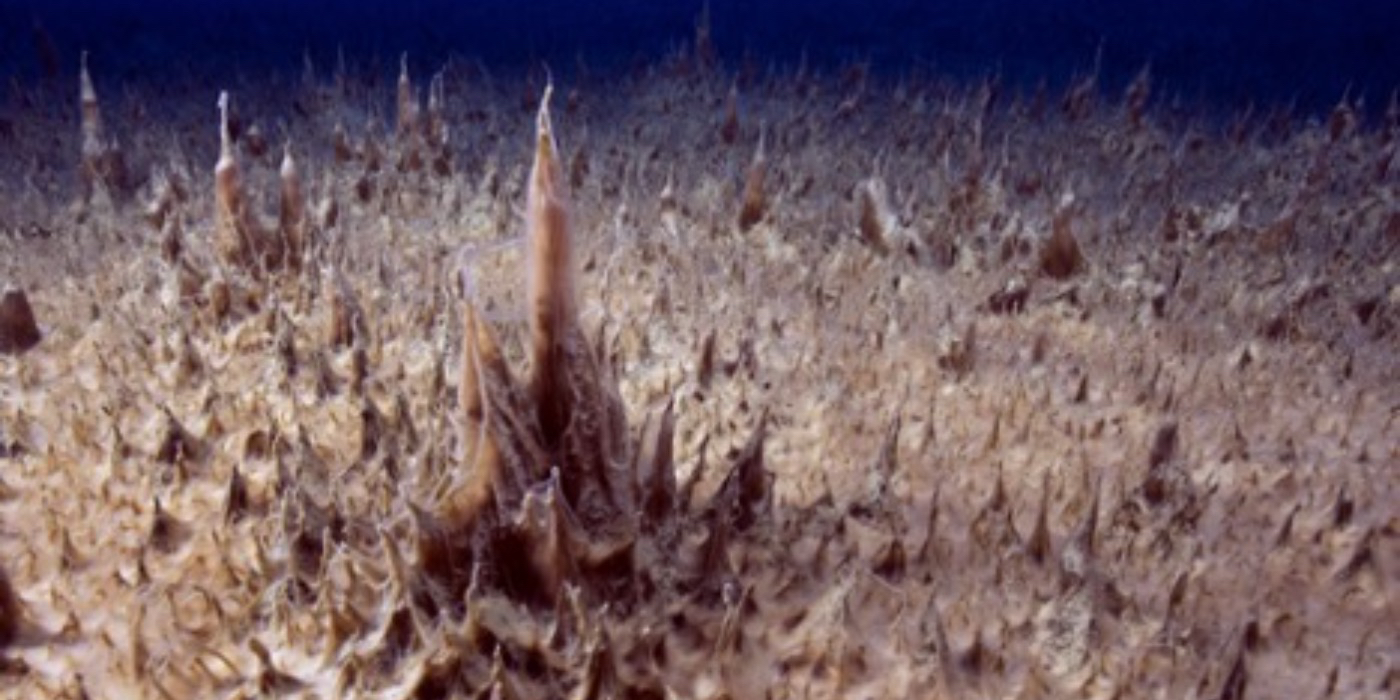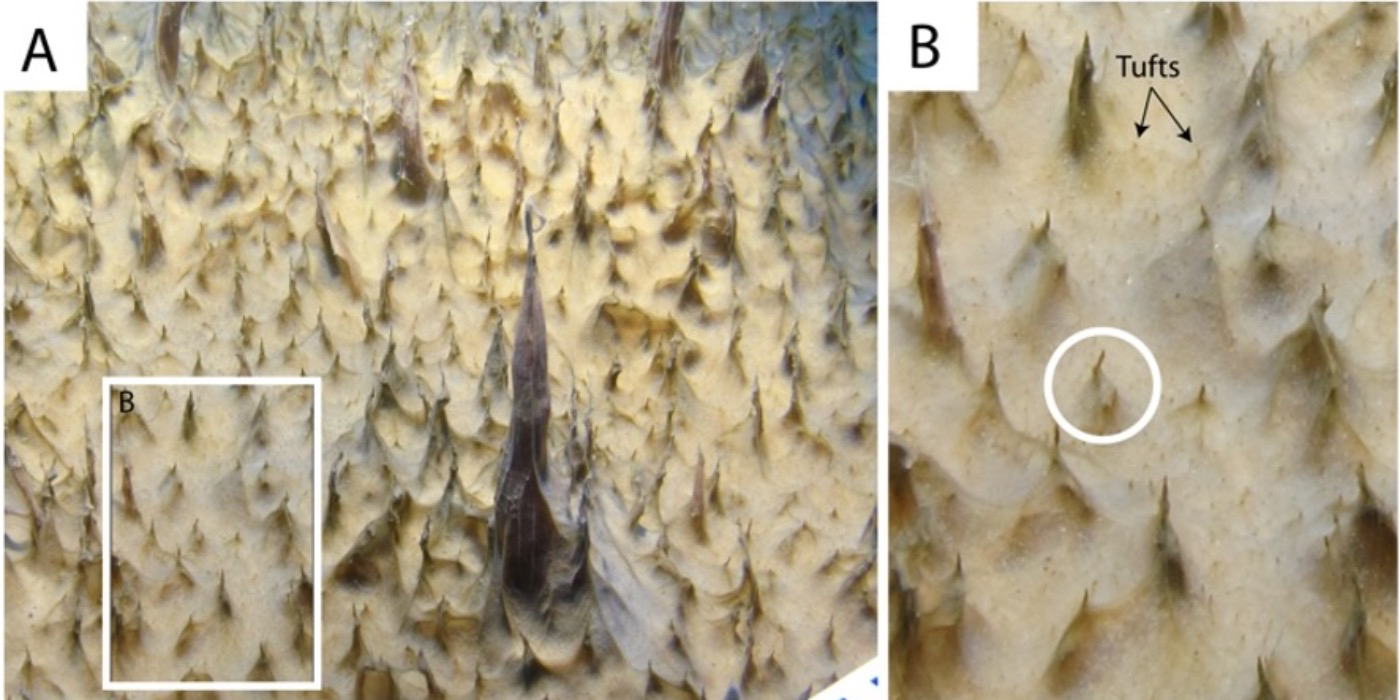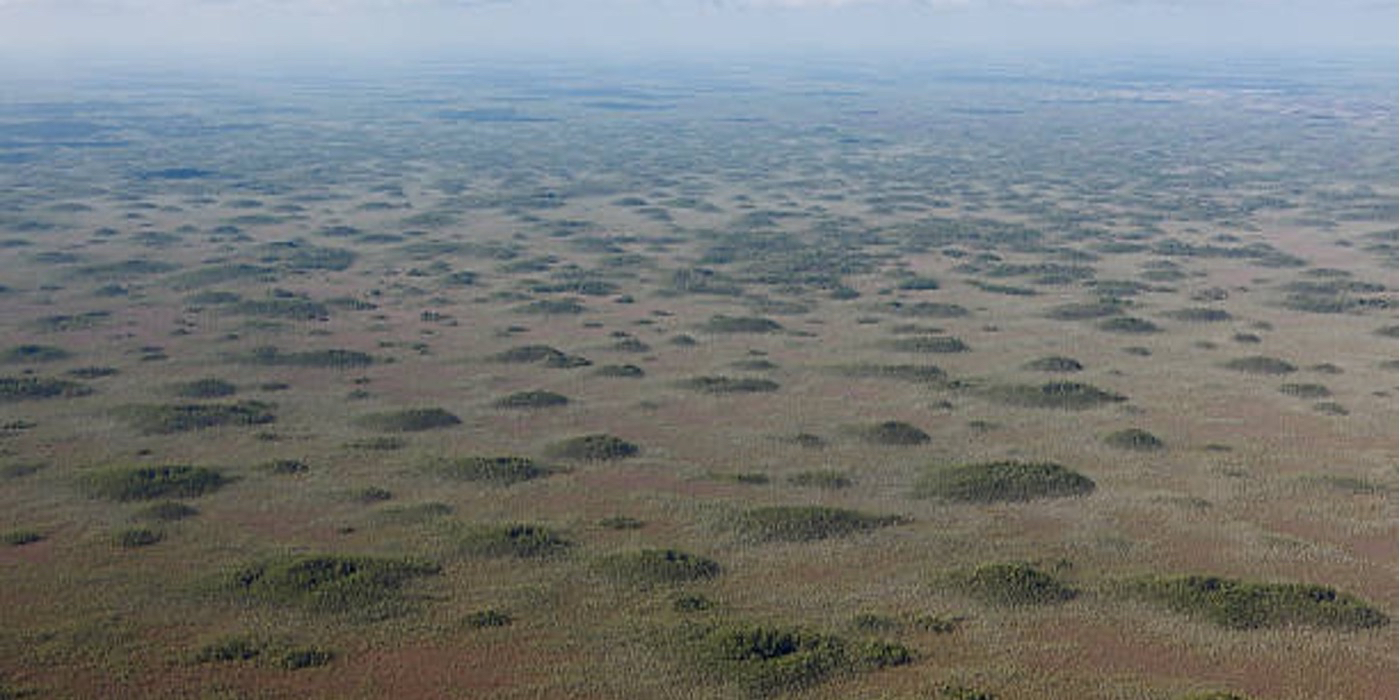Welcome to Spatial Ecology Lab
We are a research group in Spatial Ecology and theory of pattern formation in the Department of Environmental Science and Policy at the University of California Davis.
We study nonlinear, spatially extended complex systems, aiming to understand ecosystem responses to global change by examining the formation, consequences, and feedbacks of spatial patterns.
Our research centers on the theory of pattern formation in diverse ecosystems shaped by ecological, eco-evolutionary, and geo-evolutionary feedbacks. In complex systems, large-scale spatial structures can emerge spontaneously processes operating at smaller scales—a phenomenon known as spatial self-organization. Spatial self-organization can influence both the resilience of ecosystems and the ecological and evolutionary dynamics of organisms within them. By better understanding these processes, we can make more reliable predictions about how populations and ecosystems will respond to global change. Spatial self-organization occurs across a wide range of ecosystems and landscapes. Current study systems in our lab include:
– Vegetation pattern formation in dryland ecosystems
– Benthic microbial pattern formation in Antarctic lakes (modern stromatolite)
– Spatial self-organization of biogeomorphic systems (coastal and estuarine ecosystems)
The primary approach we use is mathematical modeling, often in tandem with remote sensing and field data to test and refine theoretical predictions. See more on our Research.
We are always looking for creative, motivated students and postdocs who are passionate about ecological theory and big questions—and unafraid to cross disciplinary boundaries (more info)!
News
June 10, 2024Our paper on coupled-evolution of landscapes and plants has been published in Trends in Ecology & Evolution!
Feb 1, 2024Xiaoli and Dawn Sumner received the NSF grant to study the effects of environmental change on microbial self-organized patterns in Antarctic Lakes.
Feb 1, 2024Dan’s first dissertation chapter on spatial self-organization at the community level is published in Ecosystems!
Jan 10, 2024Xiaoli is promoted to associated professor with tenure!
Dec 20, 2023Our new paper, on climate impacts on global values of natural capital, is published in Nature.
Jul 10, 2023Xiaoli received the NSF grant to study the spatial self-organization of vegetation and biological soil crust community in drylands!
Mar 20, 2022Junna graduated from Graduate Group in Ecology and is moving to Yale as a postdoc!

